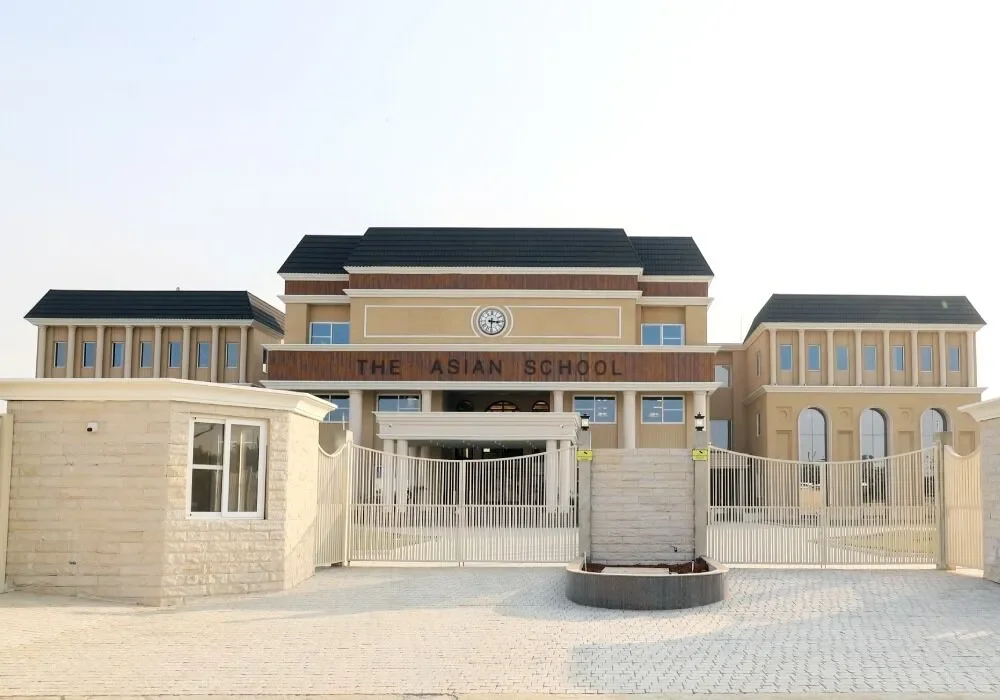In today’s globalized world, knowing more than one language is no longer a luxury—it’s a necessity. Whether for higher education, international careers, travel, or cultural understanding, multilingualism opens doors that a single language cannot. Recognizing this, many international schools in Ludhiana are prioritizing multilingual education as a core part of their curriculum. Beyond teaching children how to speak different languages, these schools nurture the deeper benefits of cognitive development, cultural fluency, and enhanced communication. In this blog, we explore how multilingual education in international schools is empowering Ludhiana’s students to become confident, capable global citizens.
Enhanced Cognitive Development and Brain Function
Numerous studies have shown that children who learn multiple languages from a young age enjoy superior cognitive flexibility, memory retention, and problem-solving skills. Multilingual learners often outperform their monolingual peers in areas like creativity, multitasking, and logical reasoning.
International schools in Ludhiana integrate languages like French, Spanish, German, and Mandarin alongside English and Hindi. This early exposure stimulates brain activity and encourages students to think in different linguistic frameworks—enhancing their overall intellectual growth.
Better Academic Performance Across Subjects
Learning a new language boosts a child’s understanding of grammar, sentence structure, and vocabulary—skills that translate directly to better performance in their primary language, often English. Additionally, the discipline and focus required in learning multiple languages positively affect a child’s performance in subjects like Math and Science.
In international schools, language learning is not limited to memorizing rules. It involves speaking, listening, reading, and writing in real-life contexts, often supported by activities like role-play, storytelling, poetry, and group discussions. This immersive approach helps students grasp the language deeply and naturally.
Improved Communication and Social Skills
Multilingual students are not just better speakers—they are better listeners and more empathetic communicators. Learning a new language also means learning about its culture, history, and people. This exposure encourages open-mindedness and respect for diversity.
In classrooms at international schools in Ludhiana, language lessons are often interactive and multicultural. Students practice real-world conversations, participate in cultural exchange programs, and collaborate with peers on multilingual projects. These experiences teach them how to express themselves confidently, resolve misunderstandings, and adapt their communication based on different audiences.
Global Career Readiness
In the 21st-century job market, being multilingual is a highly valuable skill. Whether your child aspires to work in international business, diplomacy, tourism, healthcare, or technology, fluency in more than one language will offer a distinct competitive edge.
International schools understand this and align their language programs with global standards and certifications. Students are prepared for exams such as DELF (French), Goethe-Zertifikat (German), and DELE (Spanish), which enhance their college applications and resumes. These credentials are widely recognized by universities and employers around the world.
Cultural Fluency and Global Citizenship
Language is the gateway to culture. By learning a second or third language, students at international schools develop a deeper appreciation of global customs, literature, traditions, and philosophies. They begin to see the world from different perspectives, which is essential for becoming culturally sensitive and globally aware citizens.
Schools in Ludhiana that offer international education often celebrate language days, organize international food festivals, screen foreign films, and host pen-pal programs. These cultural interactions make language learning fun, immersive, and meaningful.
Stronger Mother Tongue and National Identity
Interestingly, learning foreign languages can also strengthen a child’s command over their mother tongue. Understanding how different languages work makes students more aware of linguistic structure, tone, and meaning in their native language—be it Hindi, Punjabi, or English.
International schools in Ludhiana respect and incorporate Indian languages and values into the curriculum, ensuring that students stay rooted while they grow globally. The aim is to create bilingual or trilingual speakers who are equally comfortable in a global setting and in their home environment.
Greater Adaptability and Confidence
Multilingual learners are trained to navigate different cultural environments, which makes them more adaptable and resilient. They find it easier to adjust to new schools, countries, or social settings because they are already used to thinking flexibly and expressing themselves in different ways.
This adaptability fosters confidence. Whether speaking at international events, applying to foreign universities, or travelling abroad, multilingual students carry a sense of preparedness and self-assurance that is hard to match.
In a city like Ludhiana, where the local culture meets growing global influence, international schools are creating a powerful blend of language, identity, and opportunity. Through multilingual education, they are not only enhancing academic performance but also nurturing a generation of students who can communicate across borders, build cross-cultural friendships, and excel in global careers.
Choosing an international school in Ludhiana that prioritizes multilingual learning is one of the smartest investments you can make in your child’s future. Because in the real world, the more languages you speak, the more people you can connect with—and the more possibilities you can unlock.






